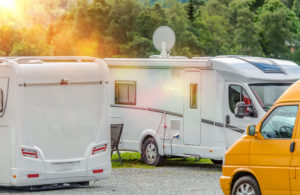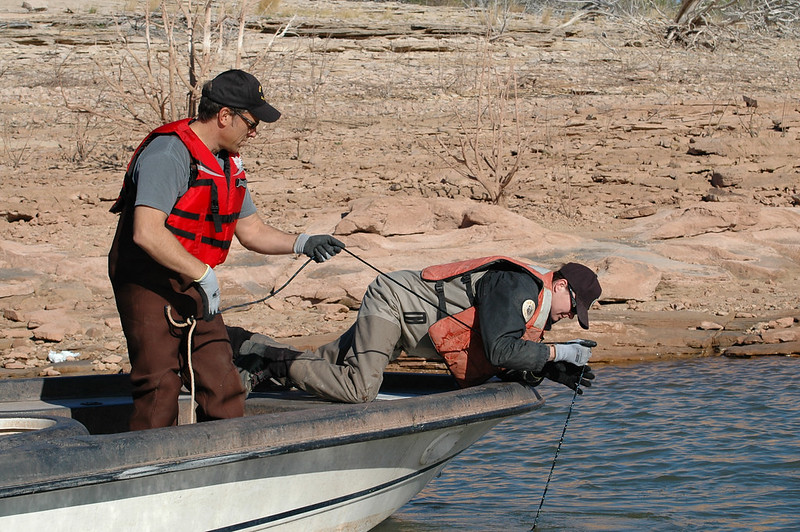
Every year, Amazon needs thousands of extra workers to meet the holiday crush, explains Jessica Bruder in “Meet the Camperforce, Amazon’s Nomadic Retiree Army,” Wired’s adaptation from Bruder’s book Nomadland: Surviving America in the Twenty-First Century. Many of them are nomadic retirees living in RVs.
In Amazon CEO Jeff Bezos’s estimation, a quarter of all nomadic retirees in RVs will have worked for CamperForce by 2020.
Their reasons for working are not necessarily good ones and the story illustrates how quickly one’s retirement plans can be turned upside down—requiring part-time work at places like CamperForce just to survive.
Take Chuck Stout, for example, who began working at age 16 as a “garbage boy” at McDonald’s in Toledo, Ohio working his way up the corporate ladder, teaching at McDonald’s Hamburger University culminating in a treasured personal letter from founder Ray Kroc.
Then, while Stout was running a franchise in Columbia, PA the World Trade Center was hit in 2001.
Stout rushed to Manhattan and for three days he “loaded up Egg McMuffins, hash browns, and coffee, first onto a luggage trolley, then a golf cart, and hauled them down to the debris pit to feed rescuers. The experience felt like the capstone of Chuck’s more than 40 years with the company. It was, he believed, the most worthwhile thing he’d ever done,” writes Bruder.
When Chuck retired in 2002, he lost his wife of 25-years to cancer and found himself at age 60 starting over, explains Bruder.
“He moved to Myrtle Beach, South Carolina, and bought a two-bedroom cottage with a hot tub on the 10th green of a golf course in a gated community,” she writes. He met a co-worker Barbara Gatti.
Then the 2008 financial crisis hit.
Wells Fargo called about the mortgage.
Then he spoke with his investment adviser. Stout, “had invested his $250,000 nest egg in a fund that supposedly guaranteed him $4,000 a month to live on. ‘You have no more money,’ he recalls his banker saying flatly.
“Barb had lost her savings too, some $200,000 in investments,” writes Bruder.
And with the Great Recession upon them they liquidated everything, bought an RV for $500 from her brother, and hit the road.
They wondered how anyone managed to survive on the road. Then someone told them about a website called Workers on Wheels. There they found a sprawling employment network for job-seeking RVers, a community whose members called themselves “workampers.”
A few weeks later, the Stouts were back on the move, driving west to Nevada, where they’d finally secured three months of full employment. For Chuck, the job meant he would occupy the lowest rung of a major corporation’s ladder for the first time since he was a garbage boy at McDonald’s. He didn’t mind, though. All that mattered was that he and Barb were together. And that Amazon would pay them.
Read more here.



